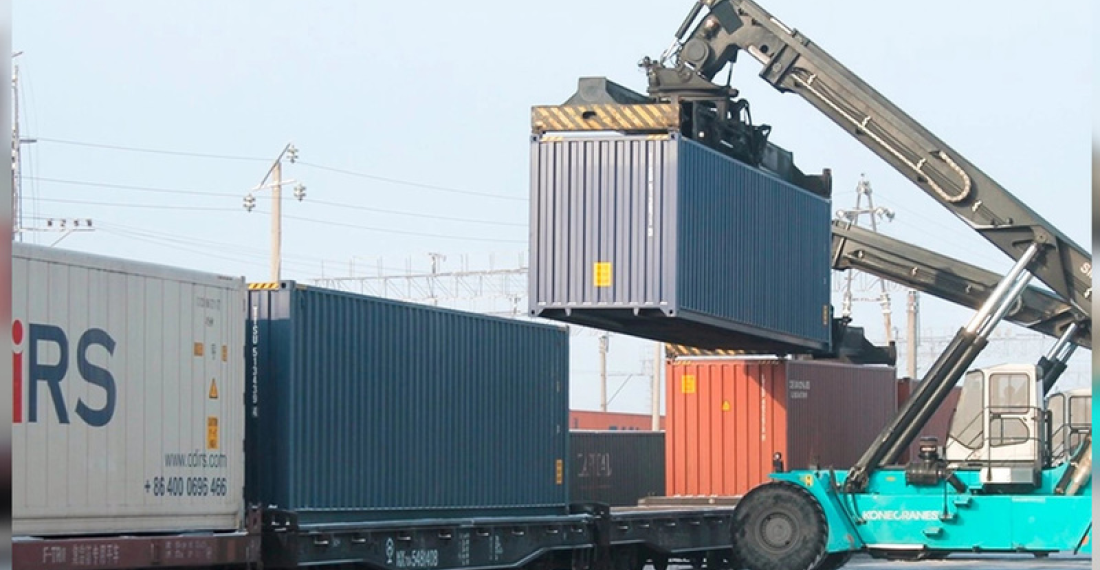Kazakhstan has announced that it will launch an online system that will track all goods crossing its borders from 1 April in an attempt to demonstrate that it is complying with Western sanctions on Russia.
Speaking on the condition of anonymity, a senior Kazakh official told eurasianet that "our government has repeatedly stated that Kazakhstan does not impose any sanctions or restrictions on trade with Russia. However, it will not allow circumvention of Western sanctions and will not become a platform for such circumvention. We understand all the risks associated with secondary sanctions, so we are closely monitoring our mutual trade with all partners."
Kazakhstan faces a complex geopolitical challenge in not angering Russia, which remains its largest trading partner, while still developing ties with partners to its west, south, and east, namely the EU, the Middle East, and China.
Kazakhstan and Russia are both members of the Eurasian Economic Union, within which goods move without customs control. A Financial Times source in the government of Kazakhstan has said that the new system will allow authorities to track the entire chain of movements of goods across the border in real time.
In June 2022, the President of Kazakhstan Kassym-Jomart Tokayev said that Astana was not going to violate Western sanctions against Russia. While no Kazakh entity has thus far incurred secondary sanctions from the West, Washington has imposed secondary sanctions on an Uzbek company over the supply of microcircuits to Russia.
Furthermore, according to Reuters agency, Russian companies have in recent weeks been more actively asking partners in Kazakhstan to help them bypass Western sanctions and import goods.






